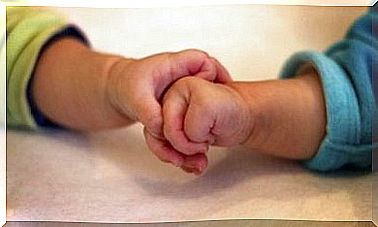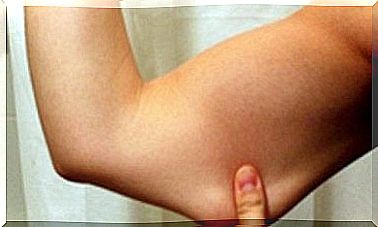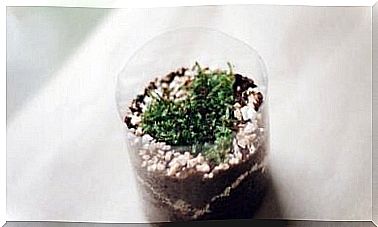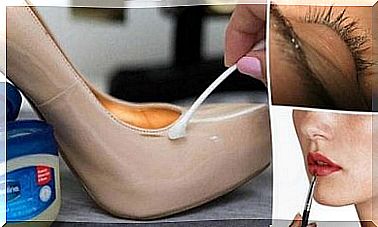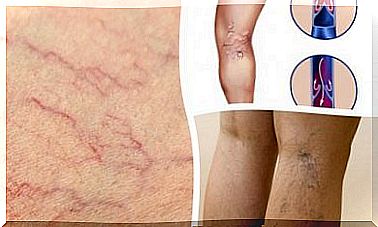Treatment Of Hypothyroidism
The treatment of hypothyroidism is based on replacement therapy in which levothyroxine is given.
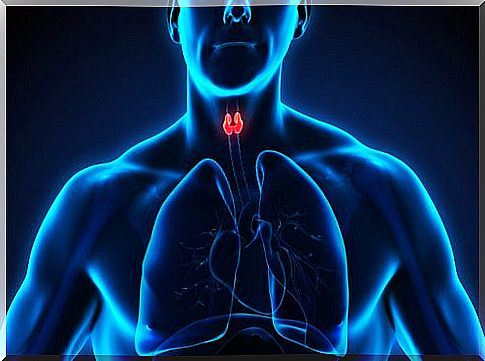
Treatment for hypothyroidism involves restoring the concentration of thyroxine, a thyroid hormone called T4.
T4 has a greater half-life than triiodothyronine (T3), which is why it is administered to patients suffering from ‘ hypothyroidism.
What’s more, a part in the body turns into T3, so there is no need to replace it.
With some exceptions, the treatment for hypothyroidism is a lifelong treatment. However, with an appropriate dose, patients suffering from this disease can perform their activities normally without any limitations .
The drug par excellence used to treat the disease is levothyroxine , the prescribed dosage of which corresponds to the lowest dosage capable of restoring the level of T4 in the patient.
Set the appropriate dosage
In order to set the appropriate dosage, the doctor will perform an assessment of the patient based on his :
- weight
- age
- clinical history
Once the dosage is set , the doctor will perform further tests after 6-8 weeks to measure the levels of T4 and TSH in the blood. Thyroid stimulating hormone, known as TSH, is the thyroid stimulating hormone produced in the pituitary gland to regulate the production of thyroid hormones.
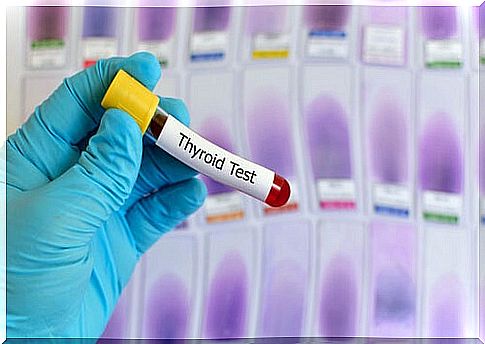
If the tests do not reflect physiological conditions, the dosage will change until the desired results are obtained.
A well-treated patient has the following characteristics:
- an appropriate weight according to its size
- a T4 level between 4 and 10 ug%
- a TSH level between 0.5 and 5 uUl / m
Considerations
In some cases, an adjustment of the prescribed dosage will be necessary.
- People over 60 years of age : the prescribed dosage should be lower than that prescribed for a young person; adjustment should be done gradually to prevent heart problems.
- Pregnant women : in case of pregnancy, it is likely that the prescribed dosage will be changed.
- Babies, children, adolescents : they must be periodically subjected to examinations; the prescribed dosage is lower than that of an adult, the weight of the patient being one of the criteria taken into account in determining the appropriate dosage.
- Adults and children who have had thyroid cancer : These patients should take levothyroxine to prevent the pituitary gland from producing TSH. Without HRT, the thyroid does not grow, which reduces the risk of the cancer coming back. These patients need to be checked more often to prevent heart problems and bone disease.
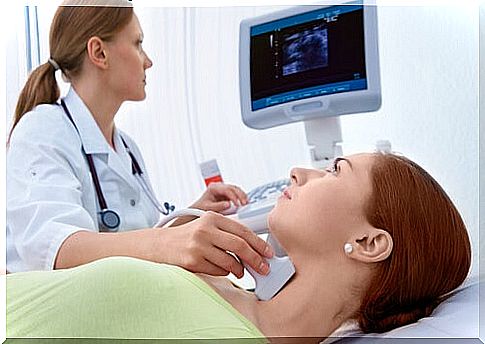
Recommendations
In case of treatment of hypothyroidism, it is necessary to follow a number of recommendations.
- If you decide to change the brand of medicine, you should tell your doctor to avoid complications.
- It is recommended to take the drug on an empty stomach. Food may interfere with absorption of the drug, especially when it comes to foods high in soy or fiber.
- Even if symptoms improve, treatment should not be stopped without consulting your doctor first.
- If you are taking food supplements or drugs that combine with bile acids, it is recommended that you wait at least 4 hours before taking the treatment.
- Patients with hypothyroidism tend to gain weight. It is therefore recommended that they eat a balanced diet, low in fat and rich in fruits and vegetables.
If you are on treatment and notice the symptoms listed below, let your doctor know:
- rapid weight loss
- sweat
- worry or tremors
- palpitations
These symptoms are typical symptoms of excessive thyroid hormone activity. Hypothyroidism can occur if the dosage administered is greater than the dosage required.
Other alternatives to treatment for hypothyroidism
For some patients, two other treatment options are possible.
- T3 and T4 tablets. They can cause side effects like anxiety. Despite this, some patients report feeling better with both prescriptions rather than just one T4 prescription.
- “Natural” hormones produced from the dry thyroid gland of a pig or cow. Dry animal thyroid can help replace hormonal insufficiency, but today this treatment is not often prescribed. This option is infrequent because different lots of animal thyroid can produce different amounts of T3 and T4. Such a situation would jeopardize the health of the patient.
